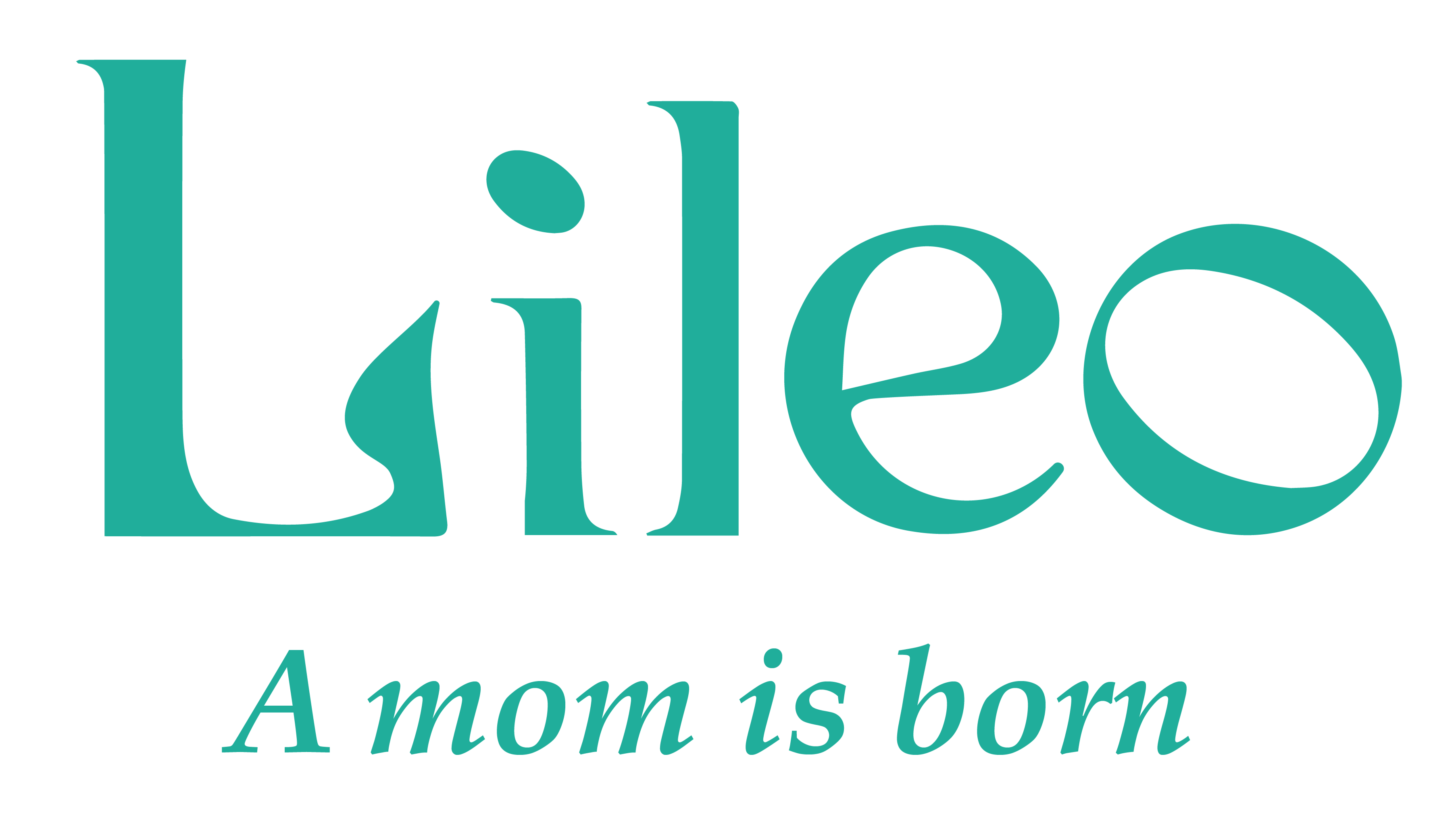Allergies and breastfeeding

It is rare but possible for a breastfed baby to have an allergic reaction in response to proteins present in breast milk via the mother's diet. Reactions may include skin rashes, digestive problems or respiratory symptoms. If a food allergy is suspected, it is crucial to consult a healthcare professional for an accurate diagnosis and support in managing food avoidance.
Differentiating between allergy and hypersensitivity
Hypersensitivity is a so-called Ig G reaction (due to a permeable intestine) → functional and nutritional medicine to repair the intestinal mucosa.
Allergy is an Ig E reaction → go and see an allergist
Protecting breastfeeding against allergies
Research into the protective effect of breastfeeding against allergies is contradictory. Some studies suggest that exclusive breastfeeding for the first few months of life may reduce the risk of developing allergies, while others find no significant link. Current recommendations from the Canadian Paediatric Society and the World Health Organisation recommend exclusive breastfeeding for the first six months, followed by the gradual introduction of solid foods, with breastfeeding continuing until two years and beyond.
Introduction of potentially allergenic foods
An English study examined the impact of early introduction of allergenic foods in breastfed children. The results showed that early introduction (from the age of three months) of certain foods such as peanuts and eggs could reduce the prevalence of allergies to these foods, although the differences were not always significant.
Precautions and recommendations
For breast-feeding mothers, it is recommended not to systematically avoid potentially allergenic foods, except in the case of a confirmed allergic reaction in the baby. If an allergy is suspected, avoiding the offending food for a week may help to observe changes in the child's condition. Reintroduction should be carried out under medical supervision.
Conclusion
Breastfeeding remains the optimal nutritional option for the majority of infants. Although allergens may pass into breast milk, the benefits of exclusive breastfeeding far outweigh the potential risks. In the event of any doubts or allergic symptoms in a breastfed baby, it is crucial to consult specialist healthcare professionals for the safe and appropriate management of food allergies.
By staying informed and following the advice of experts, parents can calmly navigate the potential challenges of food allergies while offering the many benefits of breastfeeding to their children.

